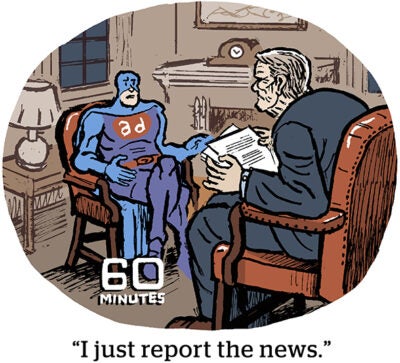Preparing for signal loss takes a lot of trial and error. And media buyers are still (yes, still) busy assessing their options, including alternative identifiers.
UID 2.0, ID5, Lotame’s Panorama ID and dozens of others are all on the list.
But buyer beware: Alt IDs are not the silver bullets buyers and sellers wish they were, said Brittany Schermerhorn, SVP of media at Publicis-owned Razorfish, at AdExchanger’s Programmatic I/O event in Las Vegas this week.
Even so, agencies have their work cut out trying to convince marketers to invest in trying alt IDs.
Putting alt IDs to the test
From a client perspective, “we’ve been burned” since previous testing hasn’t yielded the expected results, said Alan Silverberg, EVP of data and platform solutions at Publicis Collective.
Scale – or, rather, the lack of it – is one reason for the less-than-impressive test results. The more Google pushes its third-party cookie deprecation deadline, the less seriously marketers take the threat of signal loss. And it certainly doesn’t help that there are scores of alt IDs out there.
Still, a few favorites have emerged – especially UID 2.0 – although most alt IDs are still struggling to get broad advertiser and publisher adoption.
Even UID2 is far from perfect, though. It’s a promising alt ID, Silverberg said, but “I don’t think it’s where it ultimately needs to be” in terms of scale just yet. Most of the recent adoption for UID2 is happening specifically among connected TV publishers.
No wonder marketers are putting testing on the back burner.
Setting expectations
One tactic agencies have adopted to persuade advertisers not to give up on alt IDs is pointing out that testing happens in phases.
If testing isn’t yet yielding the performance brands expect, it’s because performance comes later, around phase two, Schermerhorn said. Alt ID testing is still in phase one.
There are “more important things we’re learning from the testing than how it’s actually performing,” she said, referring to data accuracy and match rates with first-party data.
For now, testing should focus on “connecting the pipes,” Schermerhorn said, which includes checking match rates and making sure alt IDs can actually scale down the line.
















